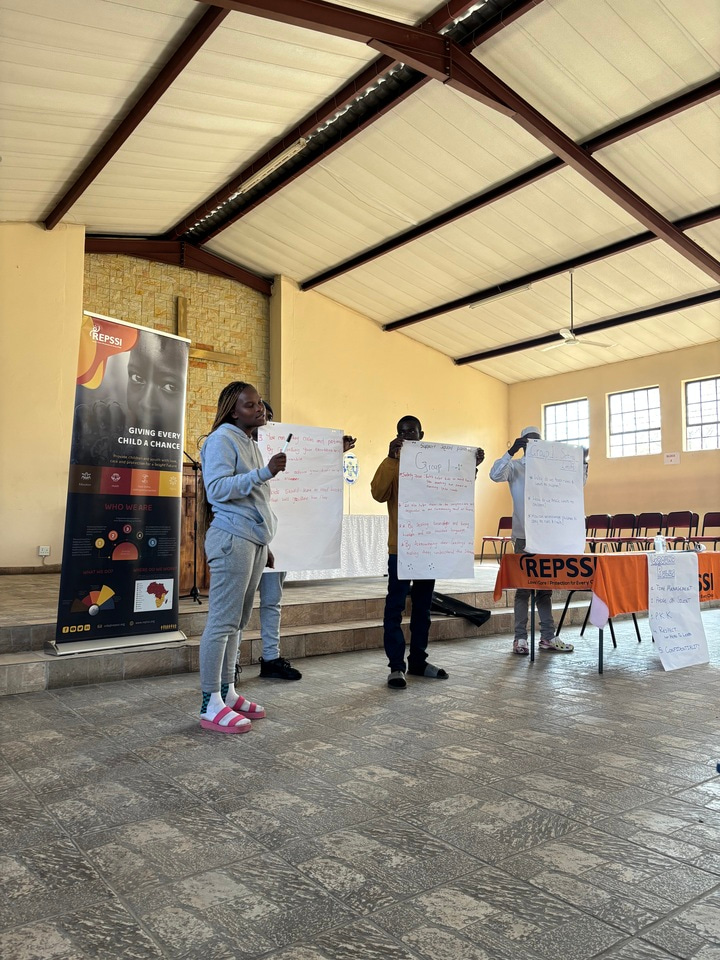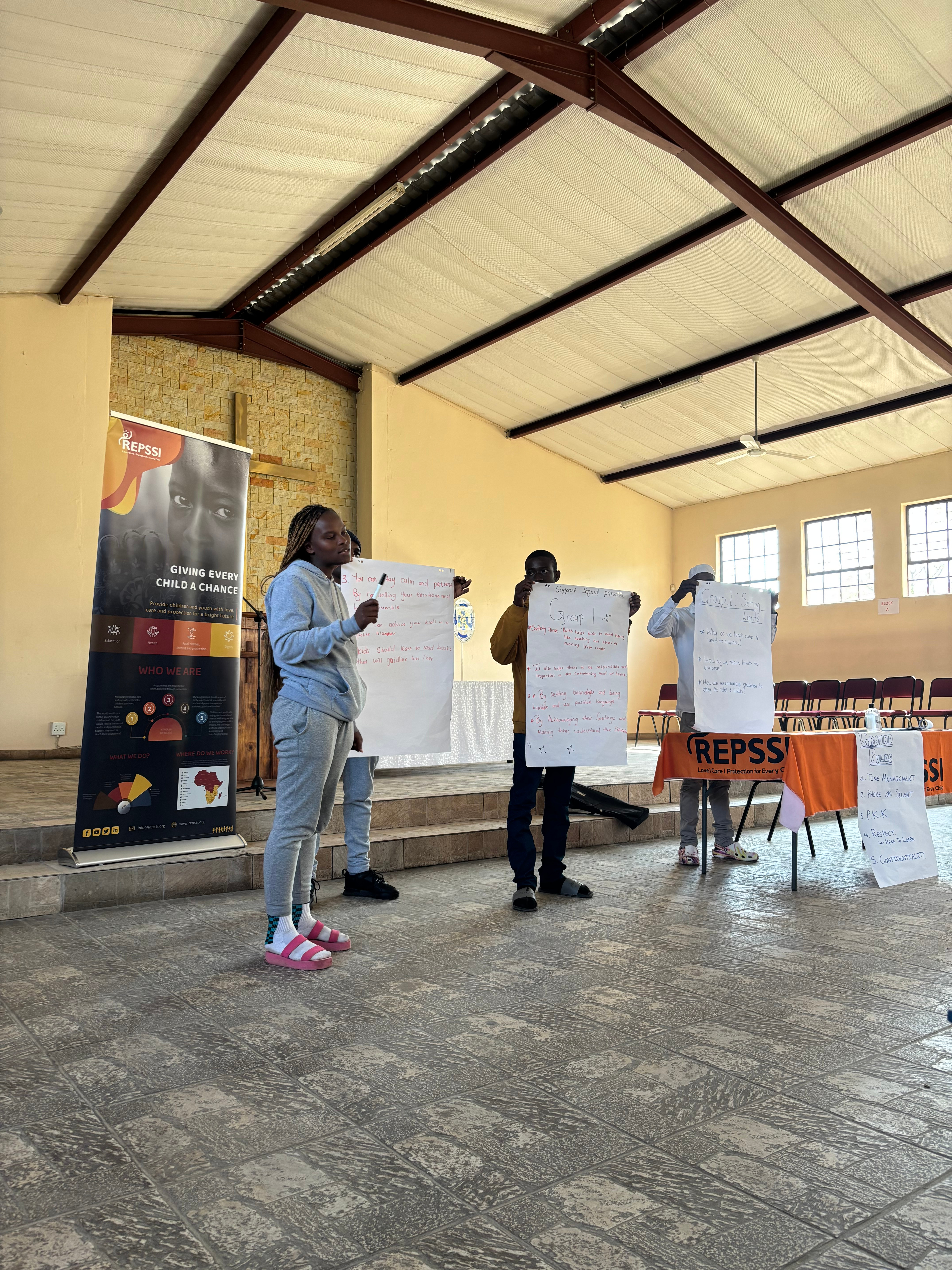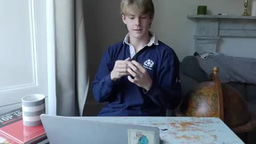LiA Log - Week 4 - Breaking the Cycle

Week 4 Log – Johannesburg
This week marked my fourth week in Johannesburg, and I continued working with REPSSI, a charity focused on empowering individuals with mental health support and the skills to take action. It’s been another week full of insightful experiences, bringing me deeper into the complex web of mental health, community engagement, and the generational impacts of trauma. The work we did this week, particularly around parenting and the intersectionality of gender-based violence (GBVF), opened up a broader view of how mental health, social support, and generational trauma are intertwined.
Better Parenting Workshop
The week began with a Better Parenting Workshop for young women, where older women from the community were invited to share their wisdom on how to raise children and how to improve parenting, not just individually, but as a community effort. It was an empowering session, and what stood out most was the emphasis on how collective community support can shape better parenting practices and, ultimately, better outcomes for children.
The workshop started with young mothers discussing their challenges in raising children, and the older women shared insights based on their experiences. There was a clear recognition that parenting is not just an individual responsibility but a communal one. The discussion often shifted from specific parenting techniques to how the community can better support mothers in their roles. Ideas were shared about how to create more opportunities for young mothers to learn, how to set up support networks, and how to encourage fathers to take a more active role in parenting. This was a powerful reminder that, as much as the burden of child-rearing falls on mothers, fathers, extended families, and the community as a whole also play pivotal roles in shaping the wellbeing of children.
This theme of community involvement is particularly important in South Africa, where socio-economic challenges, high levels of violence, and a history of trauma affect many families. The workshop highlighted how essential it is to create networks of support for mothers, which not only help to relieve stress but also encourage healthier family dynamics. I began to see how much more effective interventions can be when the community is actively involved in the process, creating a web of support that helps break the cycle of poverty, trauma, and violence.
Teddy Bear Foundation – Personality Types and GBVF
The next significant learning opportunity came when we were invited back to the Teddy Bear Foundation for a training session on personality types and their relation to GBVF. This training focused on how certain personality traits and characteristics could contribute to the perpetuation of GBVF, especially when we consider the intersectional nature of this issue.
The session delved deep into the idea that GBVF is not simply an issue of individual behaviour, but one deeply tied to broader systemic issues such as culture, power dynamics, and generational trauma. What struck me most was how the perpetuation of GBVF is often linked to patterns of trauma passed down through generations. Children who grow up in environments where GBVF is prevalent often internalise harmful behaviours, attitudes, and beliefs, and these then continue to perpetuate the cycle. It’s a vicious circle where the next generation of victims can become perpetrators or continue to perpetuate the damage done to them.
Understanding the intersectionality of GBVF was eye-opening. It’s not just about addressing the issue from one angle, but recognising that social, cultural, and historical factors all play a significant role. Personality traits, cultural norms, gender inequality, poverty, and a history of trauma all intersect to create an environment where GBVF becomes ingrained in society. This intersectional lens is crucial for developing more effective solutions to break the cycle. It also reinforces the idea that addressing GBVF requires a multi-faceted approach that includes psychological, cultural, social, and educational support.
What stood out during this training was how important it is to address generational trauma when working to prevent GBVF. By tackling the root causes of trauma, addressing harmful personality traits, and intervening early, we can start to break the cycle. This idea of generational trauma is crucial because it highlights the long-term effects of violence and abuse on families and communities. The training really cemented for me that tackling GBVF requires a holistic, community-based approach – one that takes into account not just the victims but the wider cultural and psychological patterns that need to be disrupted.
Key Takeaways
-
The Power of Community in Parenting
The Better Parenting Workshop reinforced the idea that parenting is not just an individual responsibility but one that should involve the whole community. By providing support to young mothers and encouraging fathers to be more engaged, we can create a healthier environment for children. The workshop highlighted the importance of building networks that offer emotional, social, and practical support to parents, which can have a positive impact on family dynamics and child development. -
Intersectionality of GBVF
The Teddy Bear Foundation’s training on personality types and GBVF was a valuable insight into the intersectional nature of this issue. GBVF is not simply about individual actions but is deeply embedded in cultural, social, and historical contexts. By recognising the ways in which personality traits, gender inequality, and trauma intersect, we can begin to address the root causes of GBVF and implement more effective interventions. -
Generational Trauma and the Perpetuation of GBVF
One of the key takeaways from this week was the understanding of how generational trauma perpetuates GBVF. Children who grow up in environments where GBVF is prevalent often internalise harmful behaviours and attitudes, which then continue the cycle of violence. Addressing this trauma is essential in breaking the cycle and preventing future generations from becoming victims or perpetrators of GBVF. -
The Need for Holistic, Community-Based Solutions
Tackling GBVF requires a multi-faceted approach that involves not just psychological and social support, but also addressing cultural and historical factors. A holistic, community-based approach is necessary to break the cycle of violence and trauma. This week reinforced for me the importance of engaging the whole community in addressing GBVF and creating an environment that supports the healing and growth of both individuals and families. -
Creating Opportunities for Dialogue and Learning
The workshops this week highlighted how valuable it is to create spaces for dialogue, learning, and sharing. The opportunity for young women to learn from the wisdom of older community members, and for local communities to engage with organisations like REPSSI and the Teddy Bear Foundation, is key to creating lasting change. These conversations foster mutual understanding and collaboration, which are essential in building stronger, more resilient communities




Please sign in
If you are a registered user on Laidlaw Scholars Network, please sign in